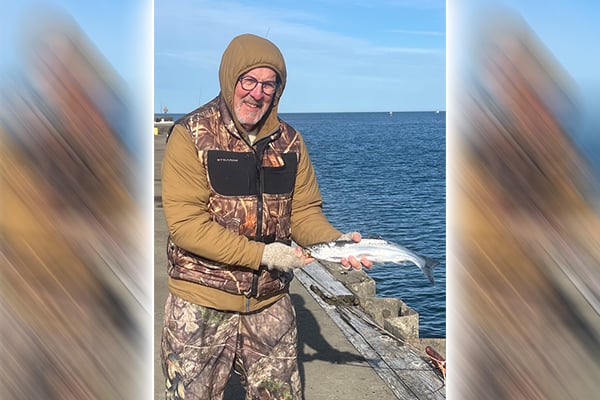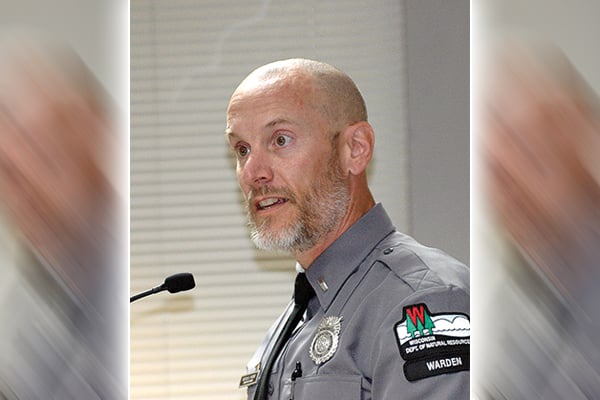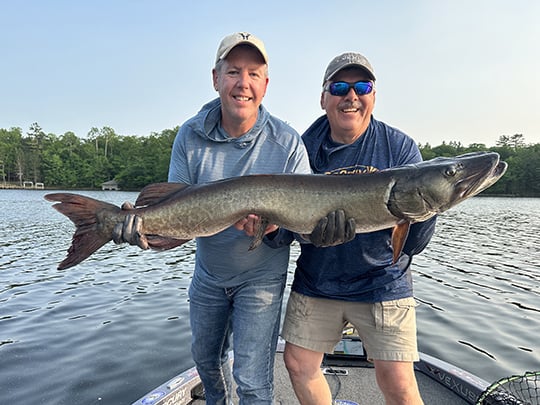Federal rule would make conservation equal to industry on U.S. lands – Outdoor News
Billings, Mont. (AP) — The Biden administration on April 18 finalized a new rule for public land management that’s meant to put conservation on more equal footing with oil drilling, grazing, and other extractive industries on vast government-owned properties.
Officials pushed past strong opposition from private industry and Republican governors to adopt the proposal. GOP members of Congress said in response that they will seek to invalidate it.
The rule from the Interior Department’s Bureau of Land Management – which oversees more than 380,000 square miles of land, primarily in the U.S. West – will allow public property to be leased for restoration in the same way that oil companies lease land for drilling.
The rule also promotes the designation of more “areas of critical environmental concern” – a special status that can restrict development. It’s given to land with historic or cultural significance or that’s important for wildlife conservation.
The BLM has a history of industry-friendly policies and for more than a century has sold grazing permits and oil and gas leases. In addition to its surface land holdings, the BLM regulates publicly-owned underground mineral reserves – such as coal for power plants and lithium for renewable energy – across more than 1 million square miles.
Interior Secretary Deb Haaland said the changes would “restore balance” to how the U.S. government manages its public lands.
Environmentalists largely embraced the changes, characterizing them as long overdue.
Trout Unlimited President Chris Wood said conservation already was part of the BLM’s mission under the 1976 Federal Lands Policy Management Act. The new rule, he said, was “a re-statement of the obvious.”
About 10% of all land in the U.S. falls under the BLM jurisdiction, putting the agency at the center of arguments over how much development should be allowed on public property.
Wyoming Sen. John Barrasso said he will introduce legislation to repeal the public lands rule. The Republican lawmaker alleged it would block access to areas that people in Wyoming depend on for mineral production, grazing, and recreation.
MORE COVERAGE FROM OUTDOOR NEWS:
In Wisconsin, voters narrowly favor ban on latest fishing technology
Comment period nears close for management plan on Minnesota’s popular Lac qui Parle WMA
2024 New York Great Lakes Preview: Lake Ontario full of promise and choices
KANSAS
Ostrich Dies After Swallowing Keys of Zoo Staff Member
Topeka, Kan. (AP) — A beloved ostrich at the Topeka Zoo & Conservation Center in Kansas has died after swallowing a staff member’s keys.
The zoo announced in a social media post April 19 that the 5-year-old ostrich named Karen had reached beyond her exhibit’s fence and grabbed and swallowed the employee’s keys. Staff consulted with experts around the U.S. “to undergo surgical and non-surgical efforts to minimize the impact of the keys. Unfortunately, these efforts were unsuccessful,” zoo officials said.
Karen was euthanized and “passed away in staff’s hands,” Topeka Zoo Interim Director Fawn Moser said in an email.
“We are devastated by the loss of Karen,” Moser said in a statement. “She was not just an animal; she was a beloved member of our community.”
The ostrich had been at the zoo since March 2023. She was known for her love of playing in water “and, best of all, being our ‘dancing queen!’” the zoo said.






